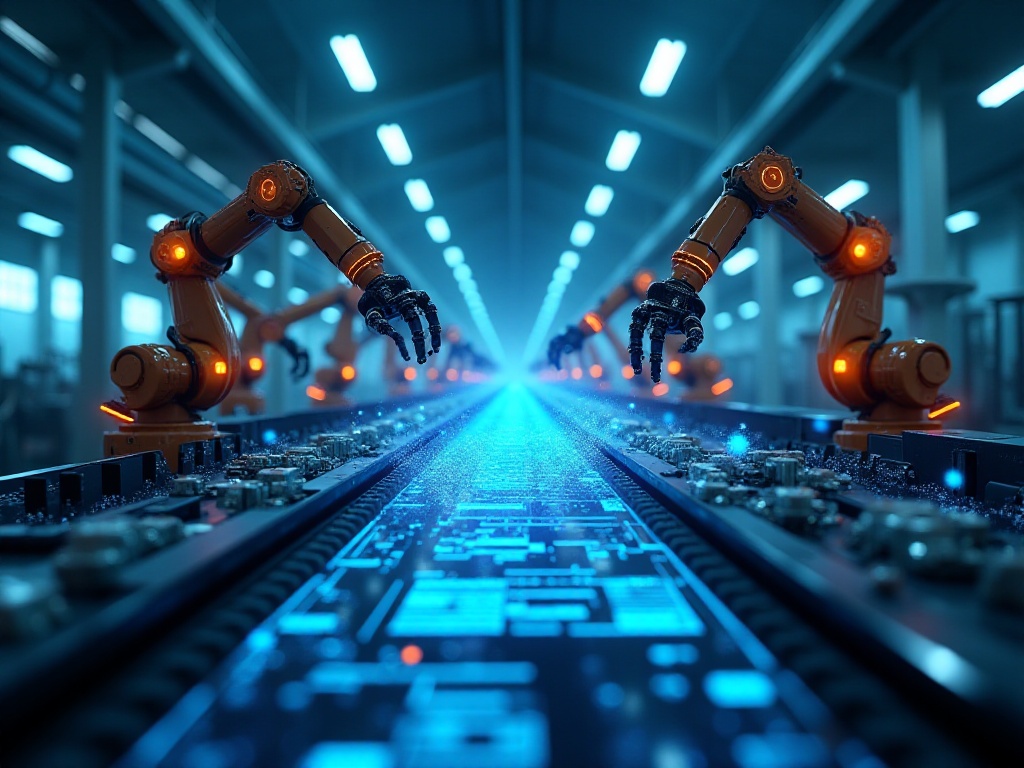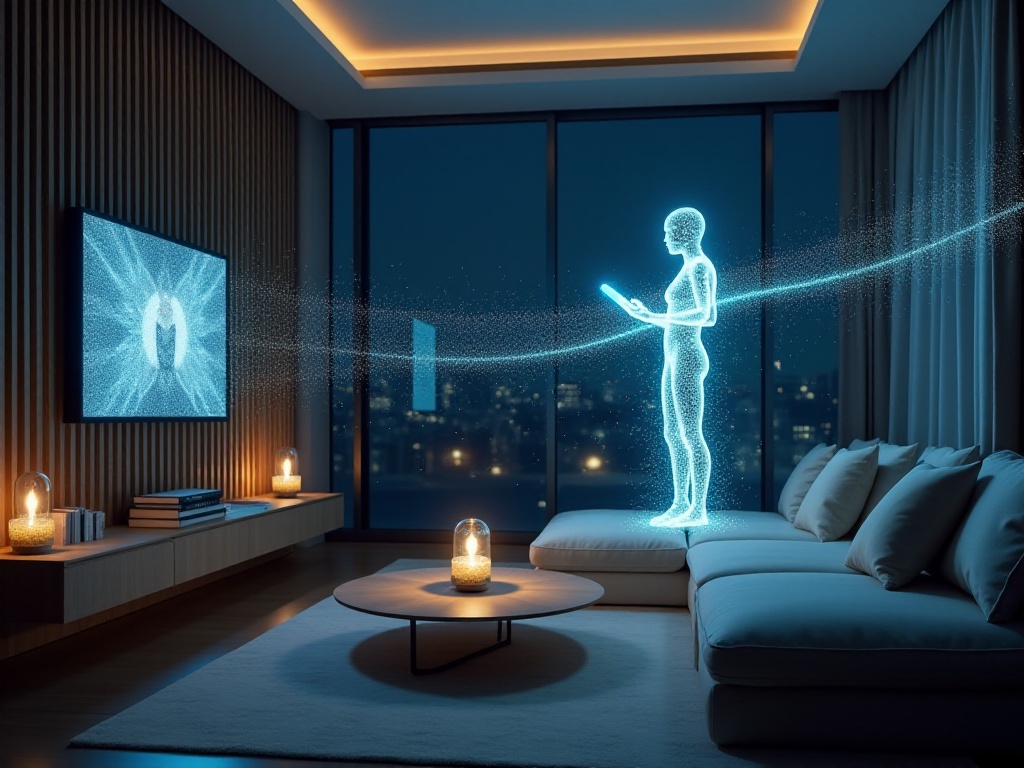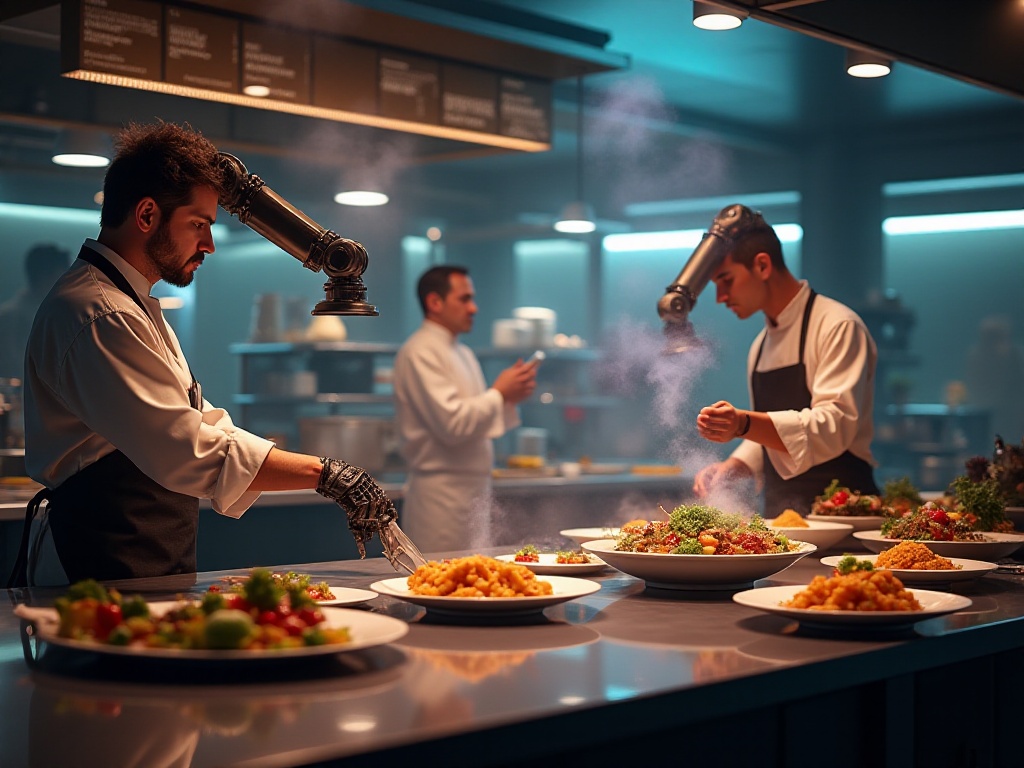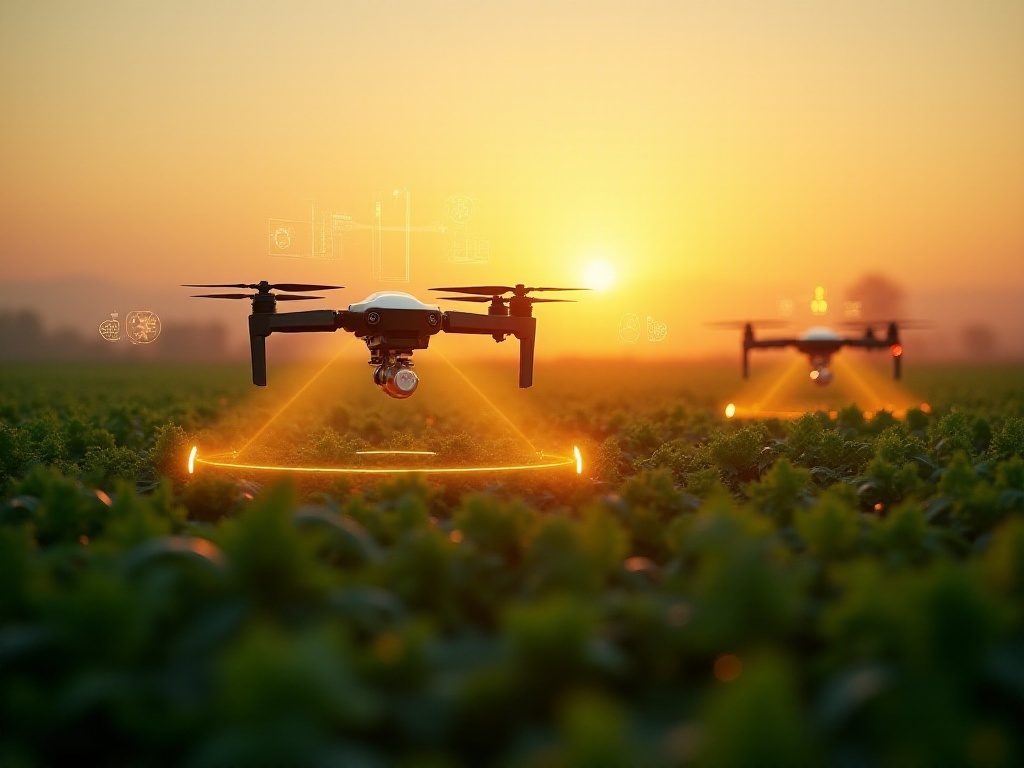Origins
As a post-90s blogger specializing in AI, I've been pondering a question lately: how is artificial intelligence really changing our lives? This question really got me hooked, so I decided to investigate thoroughly. Over three full months, I tried out every AI application I could find in the market, documenting over 100 use cases. The journey was both exhausting and exciting, and today I'd like to share my thoughts with you!
Transportation
When it comes to transportation, Tesla is a must-mention. I still remember my first time sitting in a Tesla with autopilot - what an experience! Although I had watched countless demonstrations in videos, I was still incredibly nervous during the actual experience. When the car started changing lanes automatically, my heart nearly jumped out of my chest! But I was quickly won over by its smooth operations.
Lane changes, following cars, turning - every movement was fluid, more stable than many experienced drivers. What amazed me most was its ability to accurately predict other vehicles' behavior. Once, when a car in the adjacent lane showed just the slightest sign of merging, our car had already slowed down to yield - such predictive capability was absolutely incredible!
The global autonomous driving market is booming now, with market size exceeding $80 billion in 2024 - what does this mean? It's roughly equivalent to three times Xiaomi's annual revenue. Take Beijing for example, autonomous driving test mileage alone exceeded 20 million kilometers, enough to circle the Earth 500 times!
Today's smart cars are like students who can learn, and extremely diligent ones at that. They silently remember all your driving habits: whether you prefer quick or slow starts, early or late braking in turns, and even automatically adjust music volume based on your preferences.
Once when I went to a friend's house and drove his smart car back, it detected I wasn't the owner and immediately switched to "novice mode," turning all assistance features to maximum. Halfway through the drive, it started raining heavily, and the car automatically reduced speed and proactively warned me about slippery road conditions ahead. This kind of warm, intelligent service really shows the human side of technology.
Smart traffic lights are also a great application. In the past, traffic lights seemed to work against people during congestion. Now, AI automatically adjusts signal timing based on real-time traffic conditions. I've observed that main road traffic efficiency during morning peak hours has improved by at least 30%.
I recently also experienced the smart dispatch system for shared bikes. I remember how subway stations used to either have too many bikes or none at all. Now, AI can predict demand for each time period and dispatch bikes in advance. According to operators, this system has improved bike turnover rate by 40% and reduced average time spent finding a bike by 3 minutes.
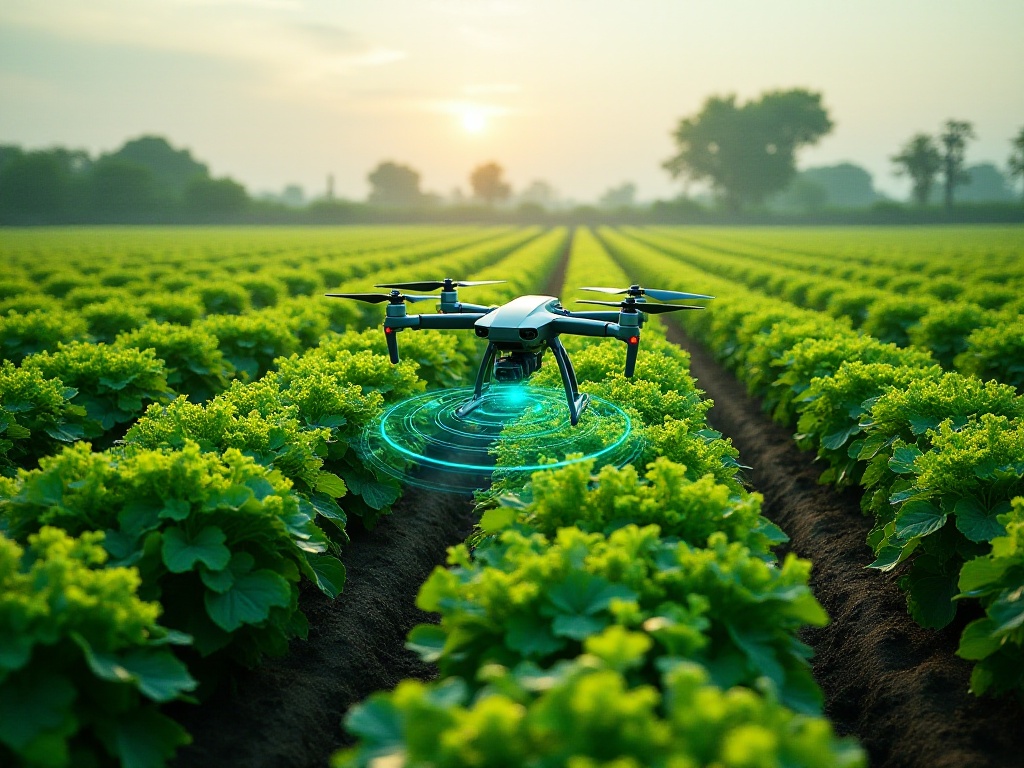
Healthcare
AI applications in healthcare are truly amazing. I have a doctor friend who works in radiology. One night during his shift, he used an AI diagnostic system to examine a patient's scans. The system was incredible - it discovered an early-stage lung cancer lesion in an area easily missed during routine checks, and it only took minutes! Such early-stage lesions can be easily missed even by experienced doctors without careful examination.
This incident intrigued me, so I looked up some data. Now AI diagnostic systems have exceeded 98% accuracy in some fields, a full 15 percentage points higher than manual diagnosis! And the diagnostic speed is lightning fast - in China's top-tier hospitals, doctors report saving an average of 40% in diagnostic time after using AI systems.
Telemedicine really opened my eyes. Many chronic disease patients now wear smart bands, which are incredibly powerful. They not only measure heart rate, blood pressure, and blood oxygen, but also monitor sleep quality and even warn of potential emergencies. All data is transmitted to the attending physician in real-time, allowing doctors to remotely monitor patients' conditions and adjust treatment plans when needed.
One of my aunts uses such a smart band for her diabetes. Once when her blood sugar suddenly became abnormal at midnight, the band immediately alerted her and transmitted the data to her doctor. The doctor gave treatment advice via video immediately, avoiding an emergency room visit. This feeling of having a 24-hour personal doctor is incredibly reassuring.
AI also has great applications in mental health. Some psychological counseling apps now use AI for initial screening, analyzing your emotional state through dialogue to provide preliminary assessments. While it can't completely replace human counseling, it does provide good help for some mild emotional issues. It's said that young people using these apps have shown significantly improved mental health awareness, and the threshold for seeking help has been notably lowered.
AI applications in traditional Chinese medicine are also interesting. Some AI systems can now analyze tongue coating through photos and make TCM diagnoses combined with other symptoms. Although not yet mature, it has great potential. I tried it once, and it not only accurately pointed out my recent appetite issues but also gave very professional health advice.

Financial Services
AI applications in financial services are truly at a godlike level. When I went to the bank last year, I found the counters had been replaced by intelligent robots. These robots weren't just spouting fixed phrases - they could assess your emotional state in real-time and automatically speed up service for anxious customers.
Once when I went to withdraw money, I wasn't in a good mood and might have spoken a bit harshly. The robot immediately adjusted its tone, becoming extremely gentle, and comforted me saying "Please don't worry, we'll finish this right away." This level of emotional intelligence was honestly higher than some human customer service representatives!
Now over 85% of banks globally are using or planning to use AI technology - pretty shocking number, right? Through AI risk control systems, banks can complete risk assessments in seconds, with fraud detection accuracy improved by 40% and processing time reduced by 60%. What does this mean? It means when we apply for loans or credit cards, we might get results in minutes instead of waiting for days.
Investment and wealth management have also been revolutionized by AI. Current AI investment advisory systems can adjust investment portfolios in real-time based on your risk preference and investment goals. I used an AI fund investment tool that analyzes global market dynamics and automatically adjusts positions at appropriate times, achieving much better returns than my own random operations.
Payment scenarios have become incredibly convenient. Many shopping malls now use AI facial payment - no need to take out your phone, just smile at the camera to pay. It felt really cool the first time, but now it's become normal. They say this payment method is even more secure than traditional password payments because AI can distinguish between real people and photos, and can even detect facial micro-expressions to prevent forced payments.
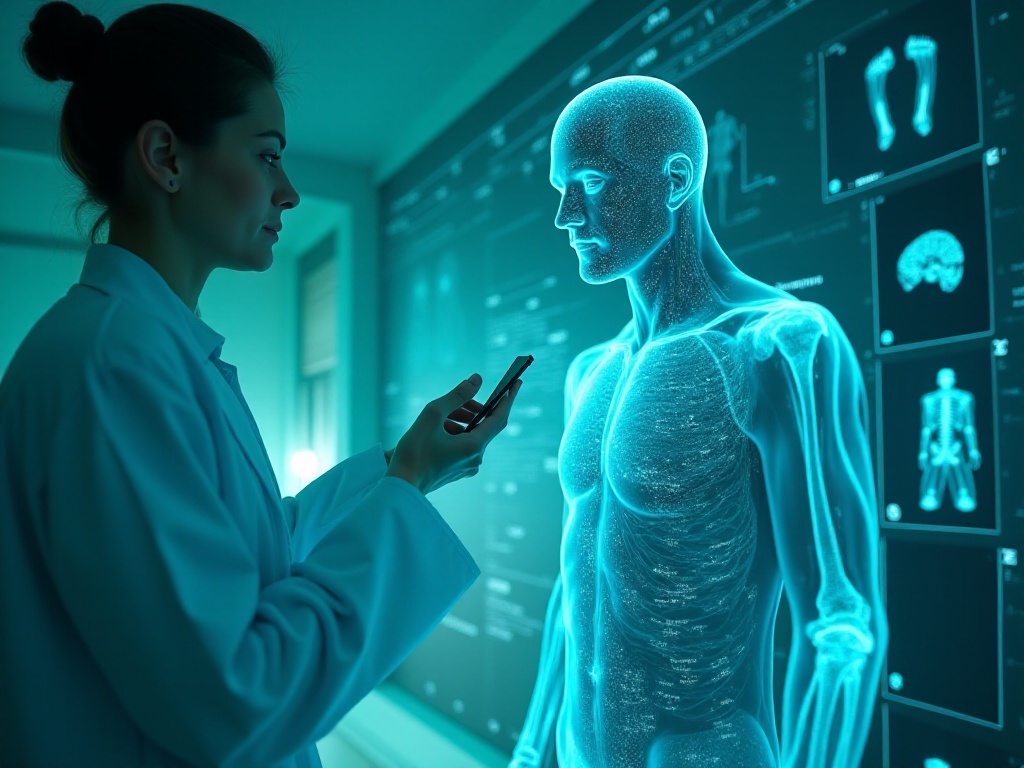
Customer Service
The changes in customer service are what I've felt most deeply. I remember having to repeatedly press number keys when calling customer service before, and even after finally getting through to a human, you'd still have to wait forever. Now it's great - AI customer service responds instantly and isn't stupid at all.
One night I was buying electronics and encountered a technical issue. I thought I'd have to wait until the next day. But I tried asking the intelligent customer service on a whim, and surprisingly, it not only responded instantly but pinpointed the problem and provided a perfect solution! Even more impressive, it remembered my usage habits, so the next time I encountered a similar issue, it could provide personalized advice directly.
Many companies' customer service systems now use emotional computing technology. This means AI can judge your emotional state through your word choice, tone, and even expression (for video customer service). If it detects that a user is agitated, the system automatically switches to a gentler response strategy and transfers to human customer service if necessary. This experience is really thoughtful, and you don't feel like you're being brushed off by a robot at all.
Here's an interesting statistic: companies using AI customer service have seen average customer satisfaction increase by 35% while customer service costs have decreased by 50%. That's a typical win-win! Companies save money, and we users get better experiences.
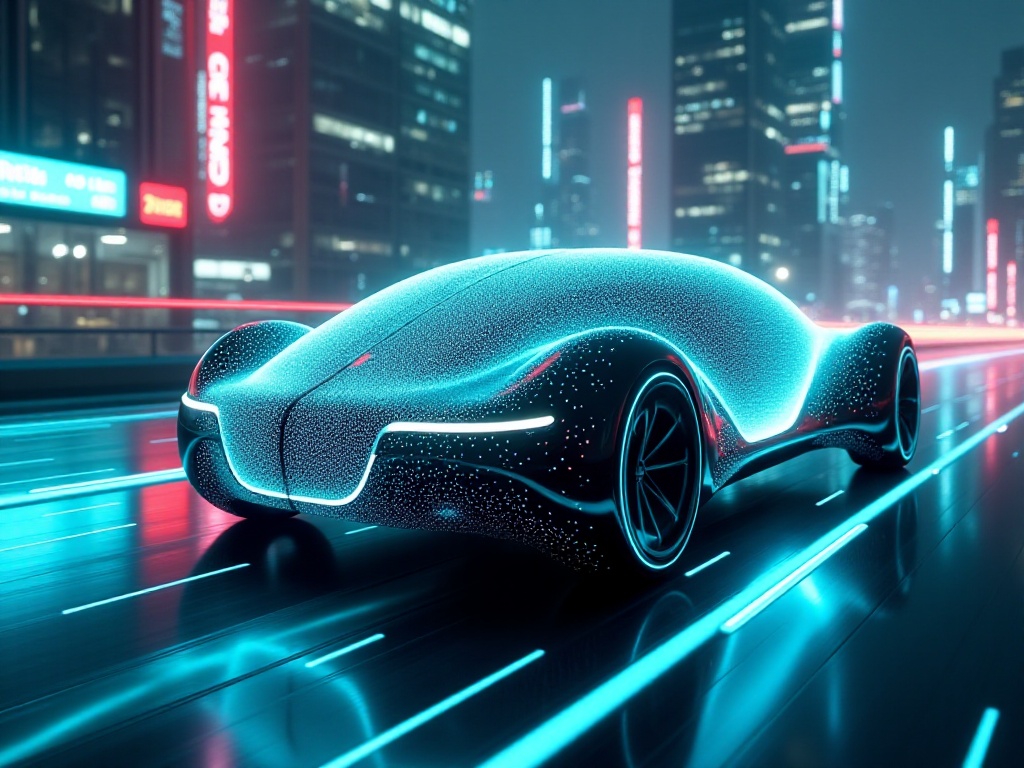
Design and Creation
As a blogger who frequently needs to create images, I have a love-hate relationship with AI design tools. I love how powerful they are, but I hate that they seem to be stealing my job (laughs).
Previously, making a poster would take at least half a day from conception to completion. Now with Pixso AI, just speaking to it for a few moments produces several options. And the quality is quite good, completely satisfying daily needs. Recently I used AI to create a new set of video covers, and followers responded very positively, saying the style was more unified.
AI is also great with creativity. Sometimes when I'm stuck writing copy, I let AI help expand my thinking. It can provide many unexpected ideas - while they can't be used directly, they're very helpful for inspiring creativity.
I recently tried AI music production tools, which are absolutely a blessing for amateur musicians. You can hum any tune, and it will help with arrangement and accompaniment in various styles, whatever flavor you want. I used it to make several video background tracks, and the results were surprisingly good.
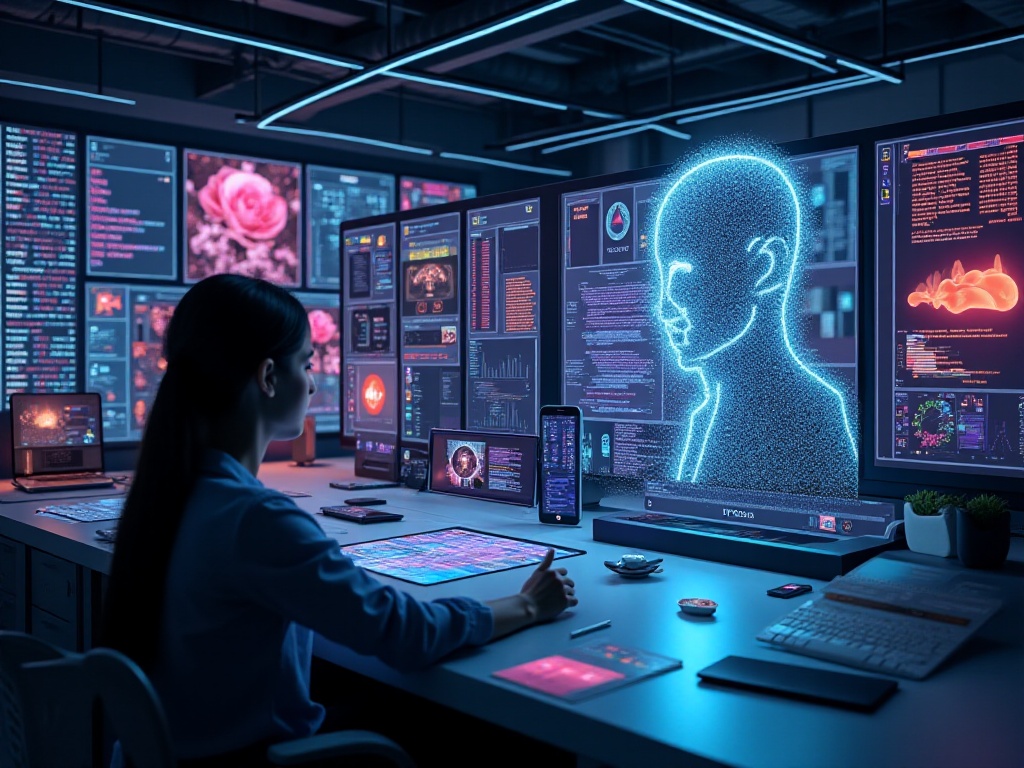
Future Outlook
After three months of experience, I have a deeper understanding of AI. It's like a magic mirror, reflecting the boundaries of human capability. For some tasks, like big data analysis and pattern recognition, AI is indeed much stronger than humans. But in areas requiring creativity and empathy, humans remain unique.
AI is reshaping the rules of many industries. In education, for example, AI can provide personalized teaching based on each student's learning characteristics. In news, AI can quickly produce data-driven news and basic reports. But this doesn't mean teachers and journalists will be replaced; rather, their work focus will shift to more valuable aspects.
Looking ahead, I think AI's greatest value lies in empowerment. It enables ordinary people to do things that only professionals could do before, and multiplies professionals' capabilities. This change isn't disruptive but gradual, making our lives more convenient and efficient.
Of course, technological development also brings new considerations. Issues like data security, privacy protection, and algorithmic bias all need to be taken seriously. But overall, I'm optimistic about AI's future. Like every technological revolution, AI will ultimately become a powerful assistant in improving human quality of life.
How do you think AI will continue to change our lives in the future? Welcome to share your thoughts and experiences in the comments.


